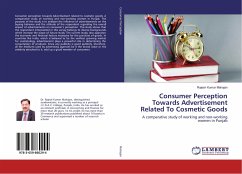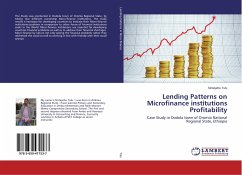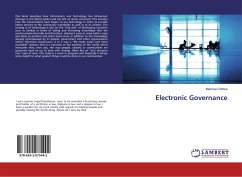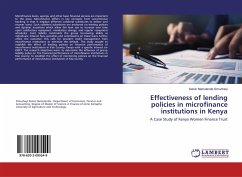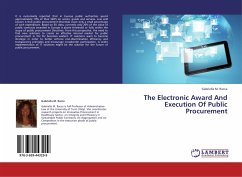
Balancing the Rights of Consumers and Lenders in Electronic Lending
Electronic Retail Lending: the Case of Estonia
Versandkostenfrei!
Versandfertig in 6-10 Tagen
45,99 €
inkl. MwSt.

PAYBACK Punkte
23 °P sammeln!
Limiting the annual percentage rate of charge (APRC) is the major bottleneck in balancing the rights of consumers and service providers in electronic retail lending in Estonia. The APRC limit is problematic because it assumes the reverse burden of proof: in case the APRC of a loan exceeds the legal limit and a borrower argues that the loan is contrary to good morals, a lender is obliged to prove that it is not. The undefined wide scope of the obligation of proof facilitates a discussion of constitutional non-compliance of the APRC limit. First, the APRC limit sets constraints to the income lev...
Limiting the annual percentage rate of charge (APRC) is the major bottleneck in balancing the rights of consumers and service providers in electronic retail lending in Estonia. The APRC limit is problematic because it assumes the reverse burden of proof: in case the APRC of a loan exceeds the legal limit and a borrower argues that the loan is contrary to good morals, a lender is obliged to prove that it is not. The undefined wide scope of the obligation of proof facilitates a discussion of constitutional non-compliance of the APRC limit. First, the APRC limit sets constraints to the income level of service providers, decreasing economically reasonable exercise of entrepreneurship freedom. Secondly, the APRC limit might influence the parameters of electronic retail lending, decreasing consumer-friendliness of the service and thereby indirectly restricting the contractual freedom of consumers. Finally, next to responsible lending, responsible borrowing and well-informed consumer decisions should be the core of electronic retail lending. Instead of limiting the cost of credit, high information, disclosure and marketing requirements are more appropriate.



